Consumer privacy is driving startups to immediately begin marketing and data collection. Google and Apple have recently stressed the importance of first-party data collection for businesses. For the last two decades, businesses have had access to cookies to advertise to people who visited their digital assets. Digital advertising has already changed with Apple’s iOS 14.5 alterations, switching the default of ad tracking from yes to no and both Google and Apple expect data privacy to increase.
For startups, when and how to begin marketing their business can feel like a cumbersome task. As a chief marketing officer, I was asked to list services and channels that I oversee, and I came up with 16. For founders of startups who must often take on the roles of CEO and COO in addition to CMO as they look to expand their teams, that time commitment is not reasonable for someone who also has a personal life.
Entrepreneurs need tools that are simple to institute and not cost prohibitive, to meet their respective milestones. First, we need to collect first party data, so that when we get to our minimum viable product we have plenty of people waiting to buy it. Next, marketing must work even when we can’t focus on it. Third, we must focus on revenue generating activities, whether they are marketing or not. Finally, we want to create an environment where successful entrepreneurs have a work and life balance.
Before doing anything else — get a virtual phone number
A virtual phone number is the first marketing tool I would use for any business. This number can be connected to your cell phone during certain hours of the day and disconnected for others. This allows people to reach you on your schedule. Put this phone number on every asset you have, so it can be integrated into future tools, such as customer relationship management and Google My Business. With proper opt-in information, it also creates an immediate list for SMS marketing in the future. A virtual phone number typically runs $1 to $2 a month plus usage fees, so it can be used by any business.
It is important that this is set up first, because without this, you can’t use the following marketing tools effectively.
Tool 1: Missed Call – Text Back
An entrepreneurs’ worst nightmare is missing an important phone call, whether it’s an investor or closing your first sale. Constant phone and email checking causes anxiety, but more importantly, it is a low revenue activity, so you are actively hurting your business.
Missed Call – Text Back, or MCTB, allows a customizable text message to be delivered to a client when you miss their phone call. It moves the caller towards resolution (sales or otherwise) immediately encouraging them to give you more information about their problem. The best part is, that once you have the system in place, it costs you zero time. Imagine walking out of a meeting and instead of 10 missed calls, you have 10 text messages that you can quickly answer. How much time did you just get back?
Pro Tip: In many cases, you can automate your emails in a similar way.
Tool 2: A funnel page
Now that we have a tool that allows us to work productively without constant phone checking, we need to increase our book of business. This is where a funnel comes in.
A funnel is a unique digital experience you would like a specific person — a client or investor — to have. When you start a business, a funnel can be your website because you only have one specific thing you want any visitor to do, like collect information.
Almost every consultant to new businesses is promoting funnel building. Why? Because a good funnel motivates people to act in a specific way. If you are raising funds, you want an investor to have a specific experience to garner interest, not hope they navigate to the correct webpage. If you have a new technology, you want early adopters to learn and then provide a simple way to collect their information, so that you can contact them when your product is ready. Finally, if you’re about to hit the market with your new product, providing customers with a simple purchase method will improve revenue during your important proof-of-concept period.
Funnels, like MCTB, can grow and adapt with your business, providing different groups of people with different experiences, with minimal effort. For instance, suppose I created a dating app and needed early adopters. Instead of creating one funnel, let’s say I created two. The only difference between the two funnels, is the first one’s headline was “The No. 1 new dating app for men” and then the second one said women. Everything else remains the same, but the experience is immediately different for the consumer. The more you can change the funnel to cater to their personal experience, the better it will be, but even simple changes can go a long way.
Pro Tip: Funnels are easiest to keep track of when they are subdomains of your website.
Tool 3: Automated SMS marketing
The final tool I recommend to start is Automated SMS Marketing. Assuming you have people properly opted in from your funnel — review Telephone Consumer Protection Act (1991) to ensure legal compliance — you can make sure they receive a welcome message in the first 5 minutes.
The most important part of text messaging marketing is allowing your customer to believe they are really having a conversation with you. If you can avoid it, never tell a customer that your digital number is automated. If you need, tell them it is automated but overseen by you. You are the owner of the business or the inventor of the technology, people want to talk to you. Customers want to pretend that they know you. Allow them this feeling. Once the customer responds, you should be picking up an organic conversation with them anyway.
Bringing it together
Using these tools, we have created a simple, repeatable method to gather customer data and start their customer journey. Your funnel may also help you gather an email list, but your most active prospects will be more than willing to communicate with you over the phone.
When you can’t take calls, whether it’s because you are in a meeting or with your kids, you can rest easier, knowing that potential customers get an immediate response that helps them get where they need to go, or at the very least, when you get back to work, you can help them quickly.
And the best part for a new entrepreneur is that this can all be done cost effectively. Personally, I recommend a service called
HighLevel, a feature-rich cost-effective CRM, that includes all of the tools previously discussed. Most tech savvy entrepreneurs can figure out how to institute all these practices quickly from one platform in a no code environment. If you’d rather have assistance, there are 20,000 agencies that use the platform and just as many YouTube videos.
------
Chris Romani is the chief marketing officer for illumiPure, a Houston-based medical device company.


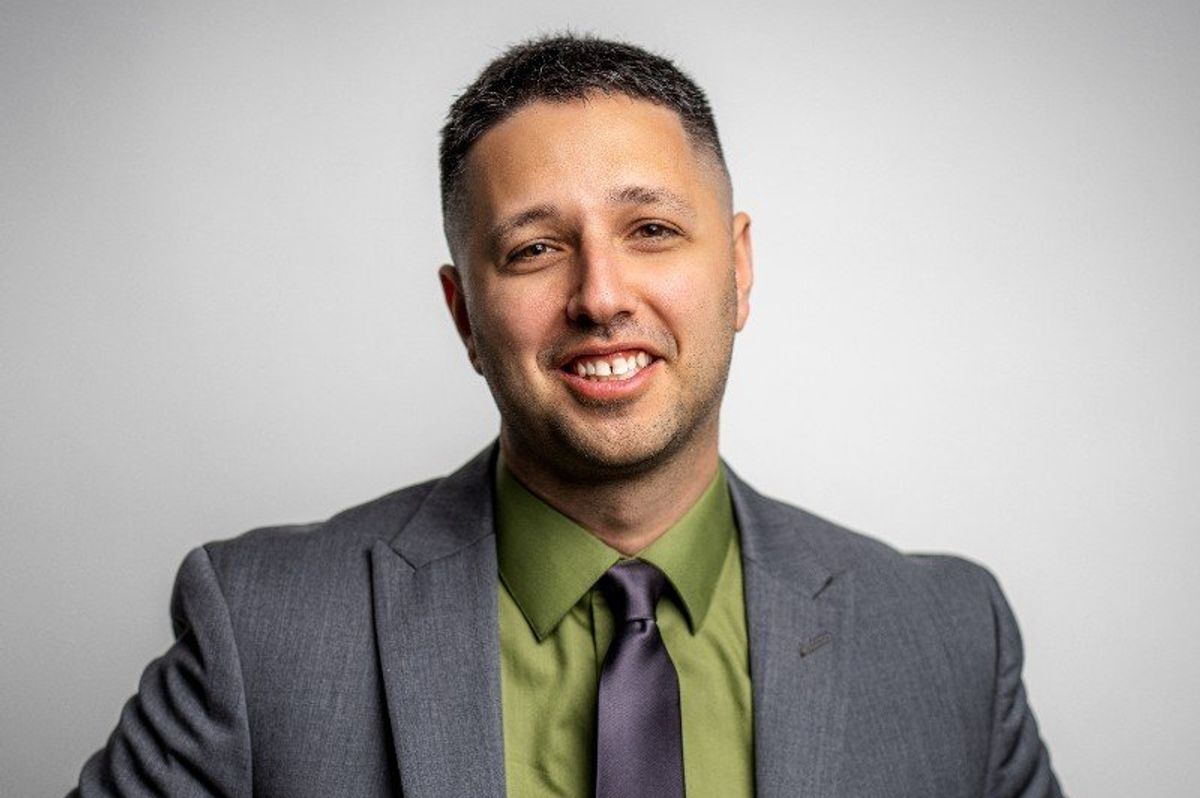

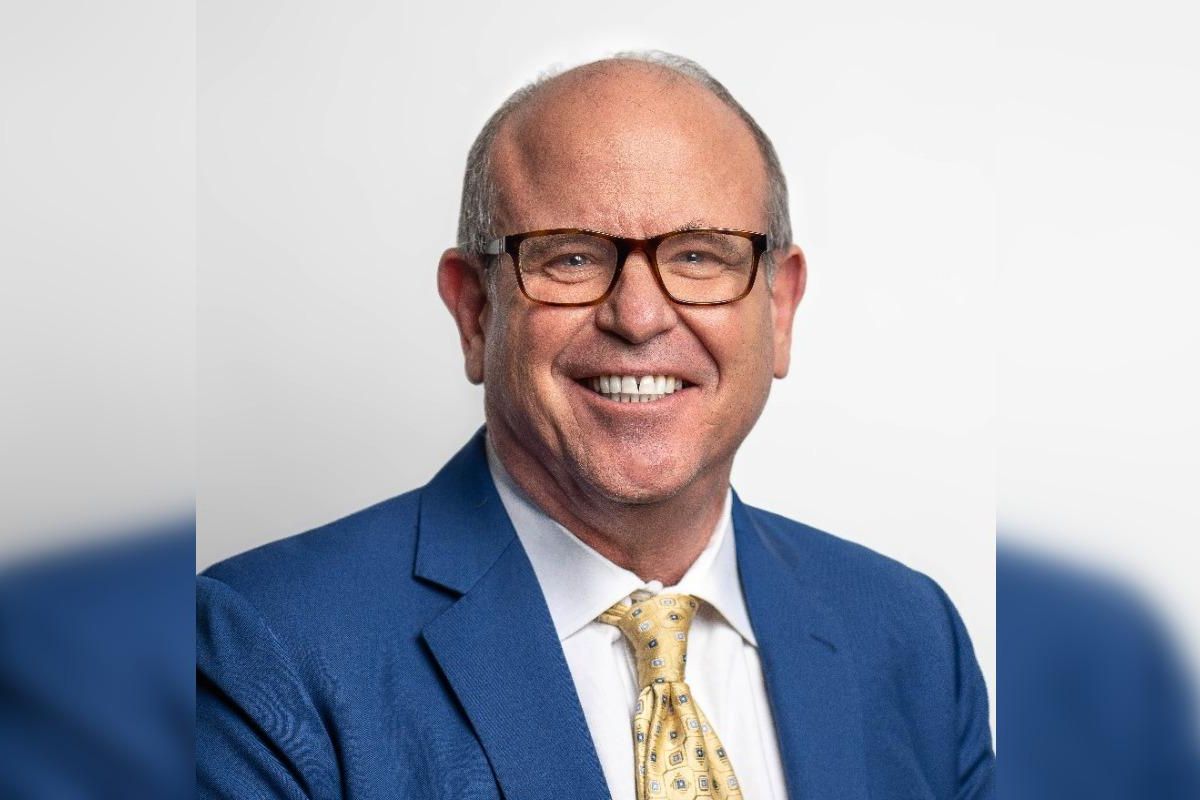
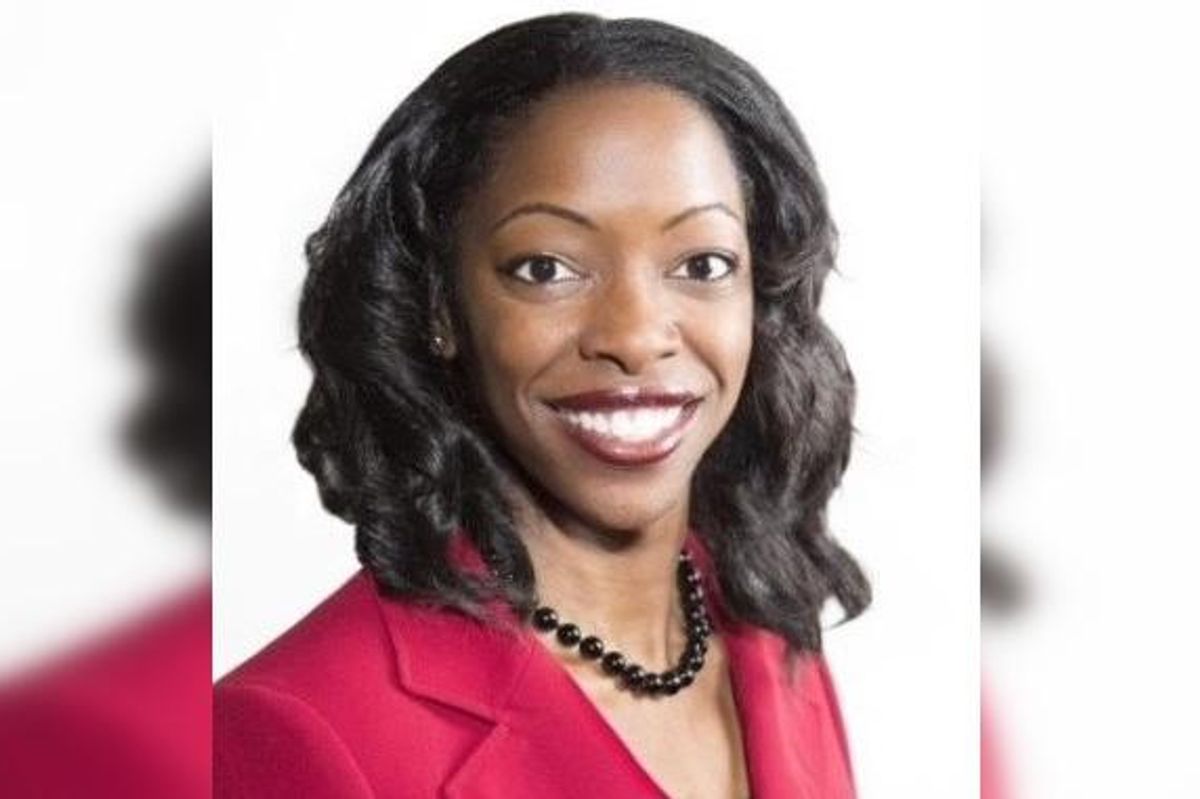
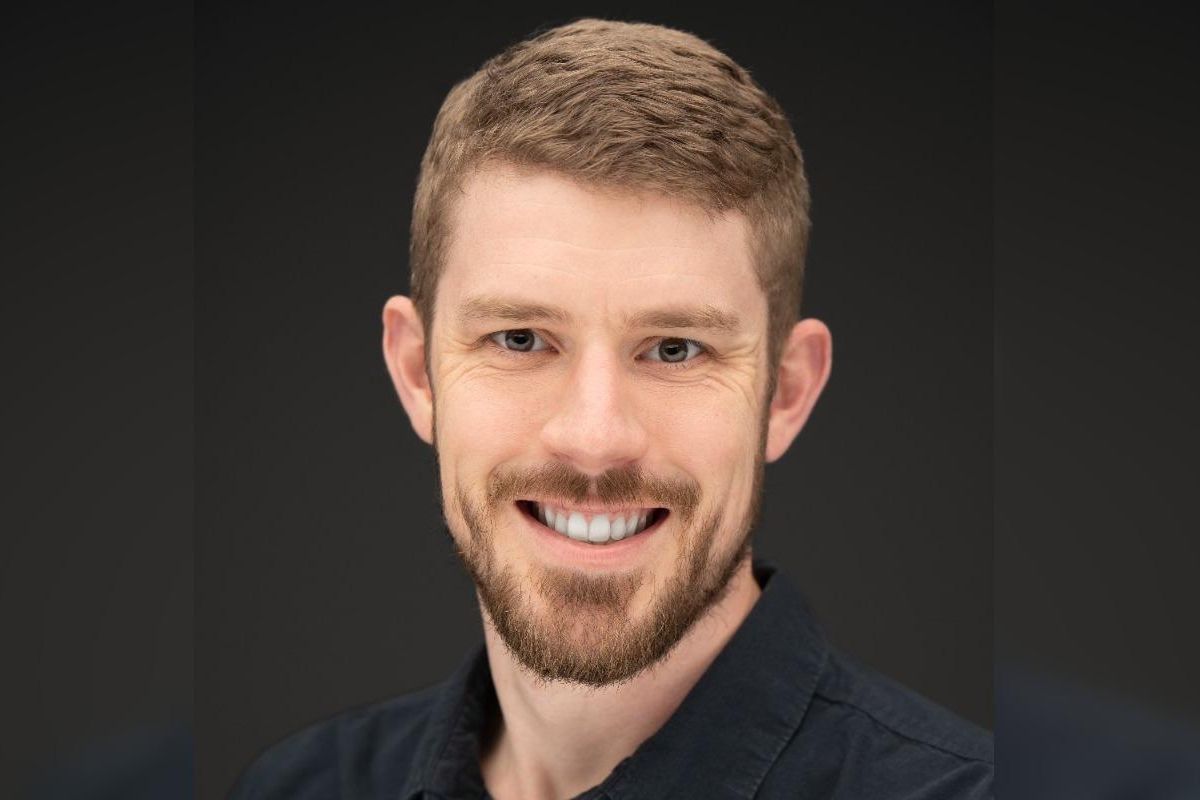
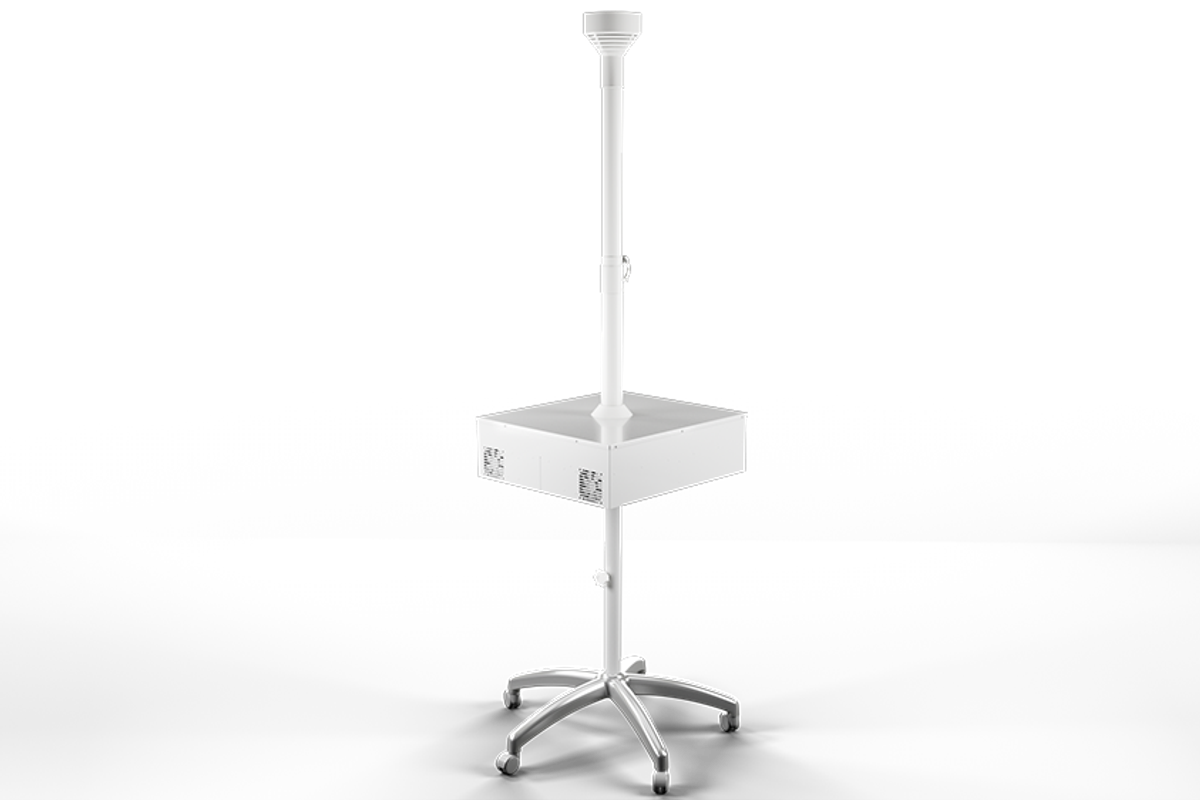 CleanWhite uses spikes of light wavelengths at 405 and 470 nanometers to kill surface pathogens. Photo via illumipure.com
CleanWhite uses spikes of light wavelengths at 405 and 470 nanometers to kill surface pathogens. Photo via illumipure.com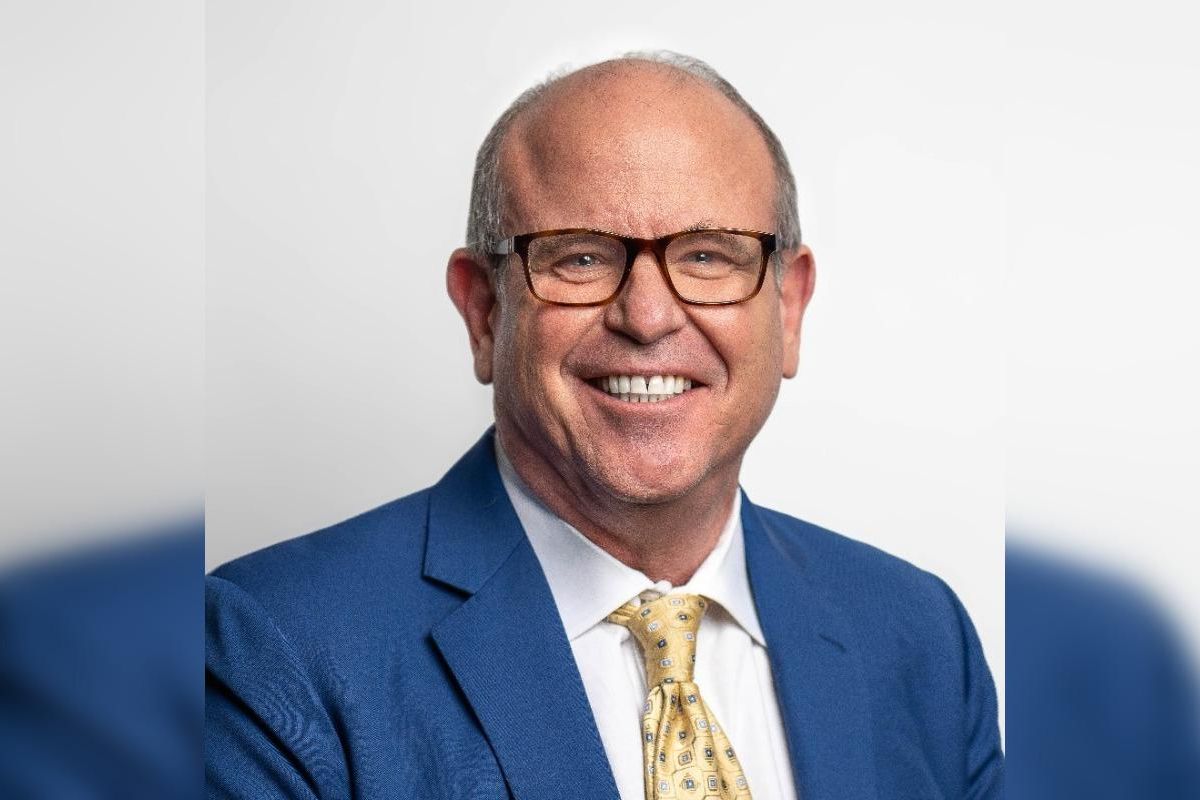 John Higgins is the CEO of illumiPure. Photo via LinkedIn
John Higgins is the CEO of illumiPure. Photo via LinkedIn



